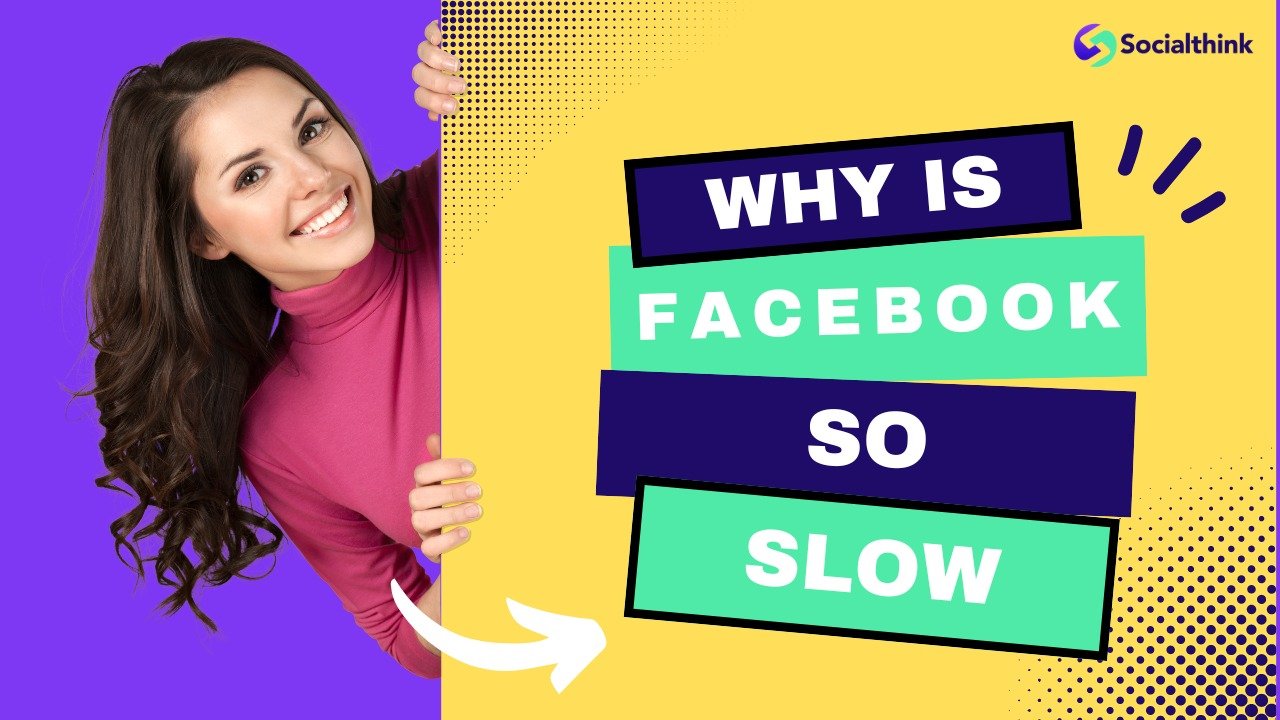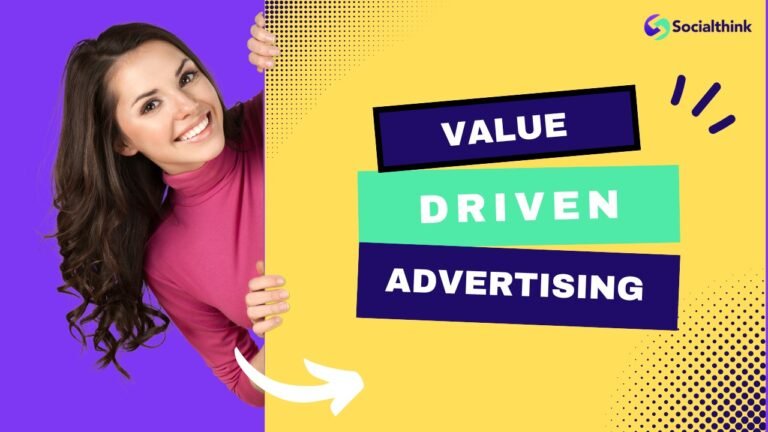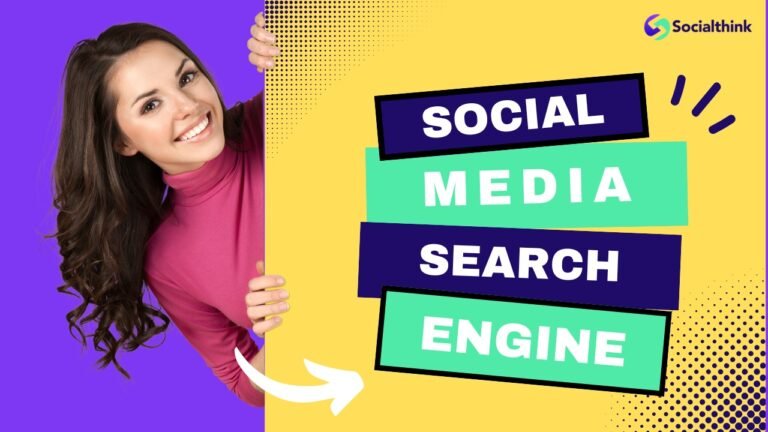Why is Facebook So Slow: 10 Fixes to Speed it Up For All Browsers
As one of the world’s largest social media platforms, Facebook connects billions of monthly active users across the globe. However, many users have experienced the frustration of a slow-loading Facebook, whether on the mobile app or desktop version.
At Social Think, we specialize in providing actionable insights and strategies to help businesses leverage social media effectively.
In this article, we’ll explore the reasons behind Facebook’s sluggish performance and provide practical solutions to help you speed up your Facebook experience.
Why is Facebook So Slow?
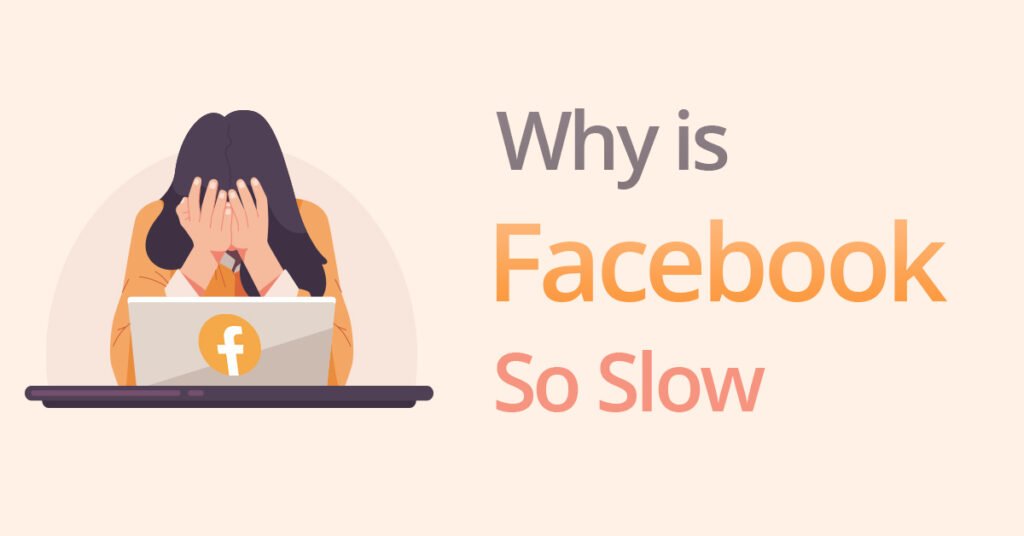
Several factors can contribute to Facebook’s slow loading times, ranging from internet connectivity issues to browser-related problems.
Let’s dive into some of the most common reasons:
Slow Internet Connection
A slow or unstable internet connection is one of the primary culprits behind Facebook’s poor performance. Whether you’re trying to access Facebook app on your PC or smartphone or accessing Facebook through a web browser, a weak internet connection can significantly impact loading times.
If nothing else works try:
- To Uninstall the Facebook app.
- Next, Go to Google Play store on Android or app store on iPhone or iOS device, search for Facebook (look for the facebook icon) and download it.
Outdated Browser or App
Using an outdated version of your chrome browser (or any other browser such as microsoft edge or safari) or the Facebook app can also lead to slower loading speeds. As Facebook introduces new features and software updates, older versions may struggle to keep up, resulting in a sluggish experience. Make sure to download the new update and always make it a habit of installing the newest updates whenever they are released.
Browser Cache and Cookies
Over time, your browser’s cache and cookies can accumulate, causing Facebook to slow down. These temporary files are meant to improve your browsing experience, but when they build up excessively, they can have the opposite effect.
Too Many Browser Extensions
Browser extensions can enhance your browsing experience, but having too many installed can slow down the desktop version of Facebook and other websites. Some extensions may conflict with Facebook’s functionality or consume excessive system resources.
High Server Traffic
During peak usage hours or when Facebook experiences technical issues, the increased server traffic can lead to slower loading times. This is an issue on Facebook’s end and may resolve itself once the traffic normalizes or the technical problems are addressed.
How To Fix Facebook Loading Slow?
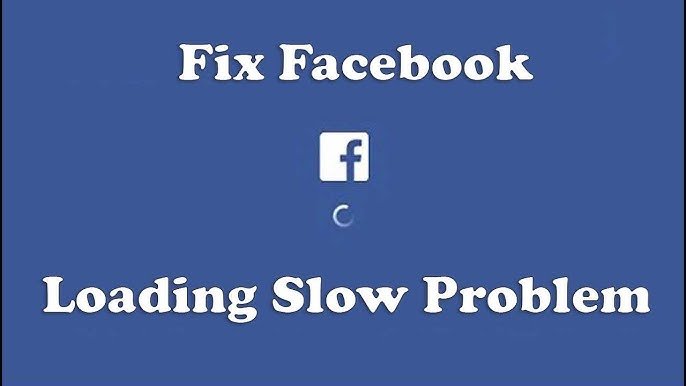
Now that we’ve identified the potential causes of Facebook’s slow performance, let’s explore some practical solutions to help you speed things up:
- Fix 1: Relaunch Facebook- One of the quickest ways to resolve a slow-loading Facebook is to simply close and relaunch the app or refresh the browser tab. This can help clear any temporary glitches or connectivity issues.
- Fix 2: Re-login to Facebook- If relaunching Facebook doesn’t do the trick, try logging out of your account and then logging back in. This can help reset your session and potentially resolve any account-related issues that may be causing the slowdown.
- Fix 3: Clear Facebook Browser Cache- Clearing your browser’s cache and cookies specifically for Facebook can help improve its loading speed. The process varies slightly depending on your browser, but generally, you can access these settings through your browser’s privacy or settings menu.
- Fix 4: Restart The Smartphone/Tablet- If you’re experiencing slow Facebook performance on your smartphone or tablet, try restarting the device. This can help clear any background apps or processes that may be consuming resources and affecting Facebook’s speed.
- Fix 5: Reinstall Facebook- In some cases, uninstalling and reinstalling the Facebook app can resolve performance issues. This process helps clear data and removes any corrupted data or files that may be hindering the app’s performance.
- Fix 6: Use Incognito Mode/ Private Browsing Mode- If you suspect that browser extensions or cached data are causing Facebook to slow down, try accessing it using your browser’s incognito or private browsing mode. This mode disables extensions and doesn’t save browsing data, providing a clean slate for testing.
- Fix 7: Change The Web Browser- If you consistently experience slow Facebook loading times on a particular browser, consider switching to a different one. Some browsers, such as Google Chrome or Mozilla Firefox, may offer better performance and compatibility with Facebook.
- Fix 8: Disable Browser Extensions- To determine if browser extensions are impacting Facebook’s speed, try disabling them one by one and observing any changes in performance. If you notice a significant improvement after disabling a particular extension, consider keeping it disabled or finding an alternative.
- Fix 9: Clear Browser History- In addition to clearing your browser’s cache and cookies, clearing your browsing history can also help improve Facebook’s loading speed. Over time, your browser’s history can accumulate and slow down its performance.
- Fix 10: Change DNS- Changing your DNS (Domain Name System) settings can potentially improve your internet speed and, consequently, Facebook’s loading times. By using a faster DNS service, such as Google DNS or OpenDNS, you may notice a boost in overall internet performance.
- Fix 11: Reset Network Settings- If you’ve tried other methods and Facebook is still slow, resetting your network settings can be a last resort. This will clear any stored network configurations and may help resolve underlying connectivity issues that are affecting Facebook’s performance. Be sure to backup important network information before proceeding with this fix.
How to Speed Up Facebook?
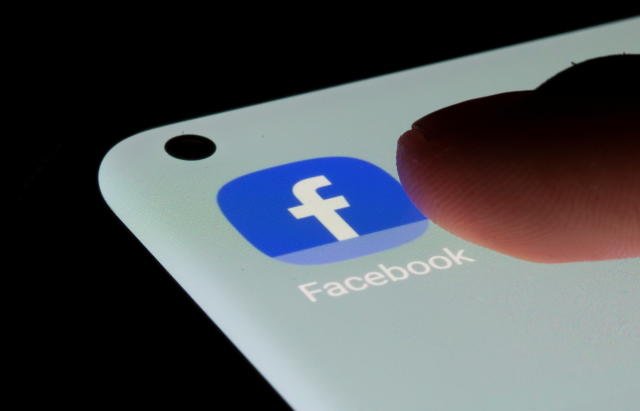
In addition to the fixes mentioned above, here are some general tips to help optimize your Facebook experience:
- Check Your Internet Connection: Ensure that you have a stable and fast internet connection. If you’re using a wireless connection, try moving closer to the router or switching to a wired connection using an Ethernet cable.
- Check for Registry Errors: If you’re dealing with a slow Facebook, start by checking your internet connection. Turn off any browser extensions, clear your browsing history, and try changing your DNS settings to speed things up. If all else fails, resetting your network settings could do the trick. Don’t forget to regularly check for registry errors to keep Facebook running smoothly. Just a few tweaks can make your Facebook experience much better!
- Update Your Browser or App: Keep your web browser and the Facebook app updated to the latest version. Updates often include performance improvements and bug fixes that can help speed up your Facebook experience.
- Clear Browser Cache and Cookies: Regularly clear your browser’s cache and cookies to prevent them from accumulating and slowing down Facebook. You can set your browser to automatically clear this data on a regular basis.
- Disable Unnecessary Browser Extensions: Review your browser extensions and disable or remove any that you don’t actively use or need. Keeping only essential extensions can help improve Facebook’s loading speed.
- Use Facebook Lite: If you’re using an older device or have a slower internet connection, consider using Facebook Lite. This lightweight version of the Facebook app is designed to work smoothly on low-end devices and slow connections.
- Disable any active VPN apps: Don’t forget to disable any active VPN apps that may be impacting the speed. Regular maintenance and tweaks can significantly improve your overall user experience on the platform.
- Get in touch with your Internet Service Provider: If you’ve tried all the troubleshooting steps and Facebook website is still slow, it might be time to get in touch with your ISP. They can help diagnose any underlying network issues that could be affecting your speed.
Technical Fixes For Tech-Savvy Users
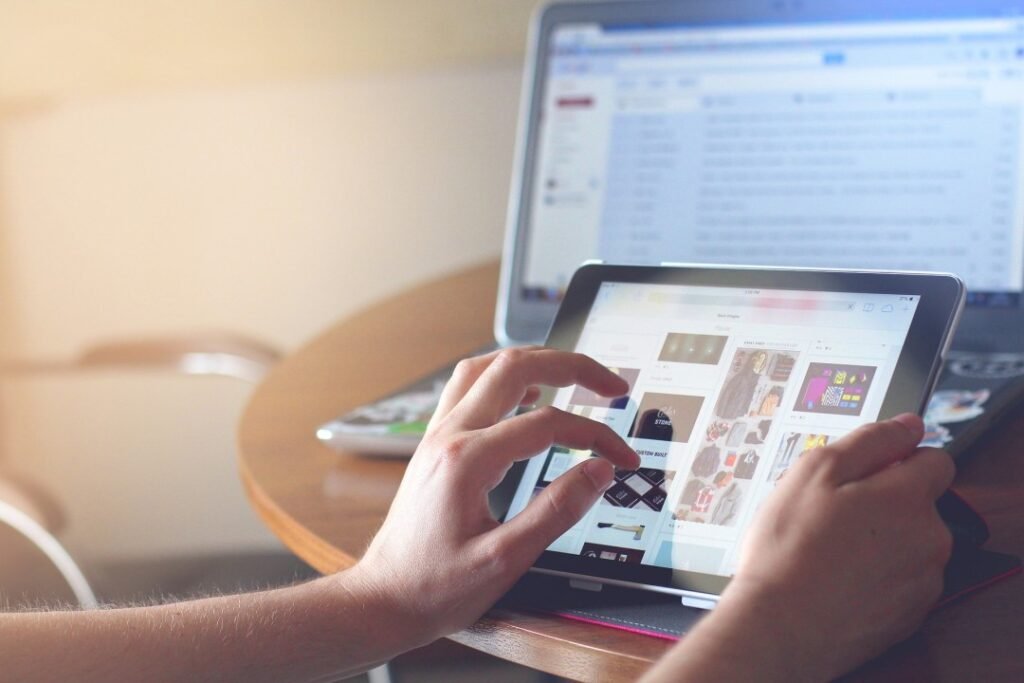
For those comfortable with more advanced settings, here are a few technical fixes that can help speed up Facebook:
- Modifying DNS Settings For Faster Internet Speed: Changing your DNS settings to use a faster DNS service provider, such as Google DNS or Cloudflare DNS, you may experience improved internet speeds and faster Facebook loading times.
- Leveraging Browser Developer Tools to Diagnose Issues: Most modern web browsers come with built-in developer tools that allow you to inspect a URL’s performance. By using these tools, you can identify specific elements or scripts that may be slowing down Facebook and take appropriate action.
- Implementing a Content Delivery Network (CDN) For Accessibility: If you’re running a business page or a website that heavily integrates with Facebook, implementing a CDN can help improve loading speeds for your audience. A CDN distributes your content across multiple servers, allowing users to access it from a server closer to their location.
Understanding Facebook’s Infrastructure
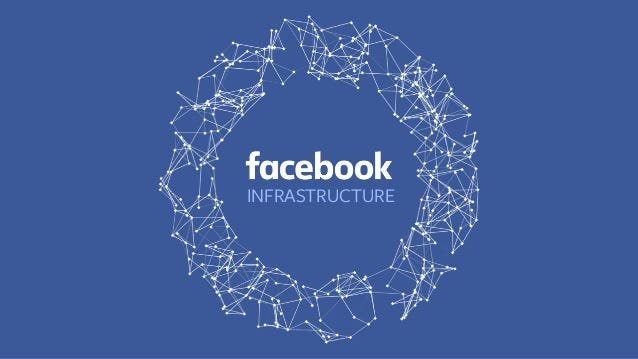
To better understand why Facebook may experience slowdowns, let’s take a brief look at its underlying infrastructure:
The Evolution of Facebook’s Server Technology
Over the years, Facebook has continuously upgraded its server technology to handle the ever-increasing traffic and data demands. From custom-built servers to advanced data centers, Facebook has invested heavily in its infrastructure to provide a seamless user experience.
How Global Data Centers Support Facebook’s Speed?
Facebook operates multiple data centers worldwide to ensure that users can access the platform quickly, regardless of their location. Distributing its infrastructure globally, Facebook aims to minimize latency and improve loading speeds for its billions of users.
FAQ’s:
Why is Facebook Loading Slowly On My Phone?
There could be several reasons, such as a slow internet connection, an outdated app version, or a need to clear the facebook cache and data. Try the fixes mentioned in the article to troubleshoot the issue.
Can Too Many Friends or Liked Pages Slow Down Facebook?
While having a large number of friends or liked pages shouldn’t directly impact Facebook’s loading speed, it can lead to a higher volume of content in your News Feed, which may take long time to load.
Can Using a Different Browser Make Facebook Load Faster or Slower?
Yes, different browsers can have varying performance levels when loading Facebook. Some browsers, like Google Chrome or Mozilla Firefox, are known for their speed and compatibility with Facebook.
Does Facebook Perform Slower On Certain Browsers?
Some browsers may not be optimized for Facebook, resulting in slower performance. It’s generally recommended to use a modern, updated browser for the best Facebook experience.
Any Specific Device Requirements to make facebook Run Faster?
While Facebook can run on most modern devices, having a device with sufficient RAM, processing power, and storage can help ensure a smoother experience. Older or low-end devices may struggle with the latest versions of Facebook.
Can Too Many Extensions and Plugins Slow Down Facebook?
Yes, having too many browser extensions and plugins installed can slow down Facebook and other websites. They can consume system resources and potentially conflict with Facebook’s functionality.
Do Facebook Mobile App and Desktop Site Have Different Loading Speeds?
The loading speed of the Facebook mobile app and desktop site can vary depending on factors such as device specifications, internet connection, and browser performance. Generally, the mobile app is optimized for faster loading on smartphones and tablets.
How Can I Tell if My Internet Connection is Causing Facebook to Be Slow?
You can run an internet speed test using tools like Ookla or Fast.com to gauge your connection’s performance. If your internet speed is significantly lower than what you’re paying for, it could be affecting Facebook’s loading times.
How Does Using a VPN Affect the Speed of Facebook?
Using a VPN can sometimes slow down your internet speed, as your data has to travel through an additional facebook server before reaching Facebook. However, a good VPN service should have minimal impact on your browsing speed.
Conclusion
A slow-loading Facebook can be frustrating, but by understanding the potential causes and implementing the appropriate fixes, you can significantly improve your experience.
From clearing browser cache and cookies to updating your app and optimizing your internet connection, there are several steps you can take to speed up Facebook.
At Social Think, we understand the importance of a seamless social media experience for businesses and individuals alike.
Keeping up with the latest tips and using the right tools can help make Facebook run faster and connect better with your followers.
If you enjoyed this article or have more questions about boosting your social media game, feel free to hit up the pros at Social Think. Our team is all about helping businesses figure out the social media world and make a real impact.

